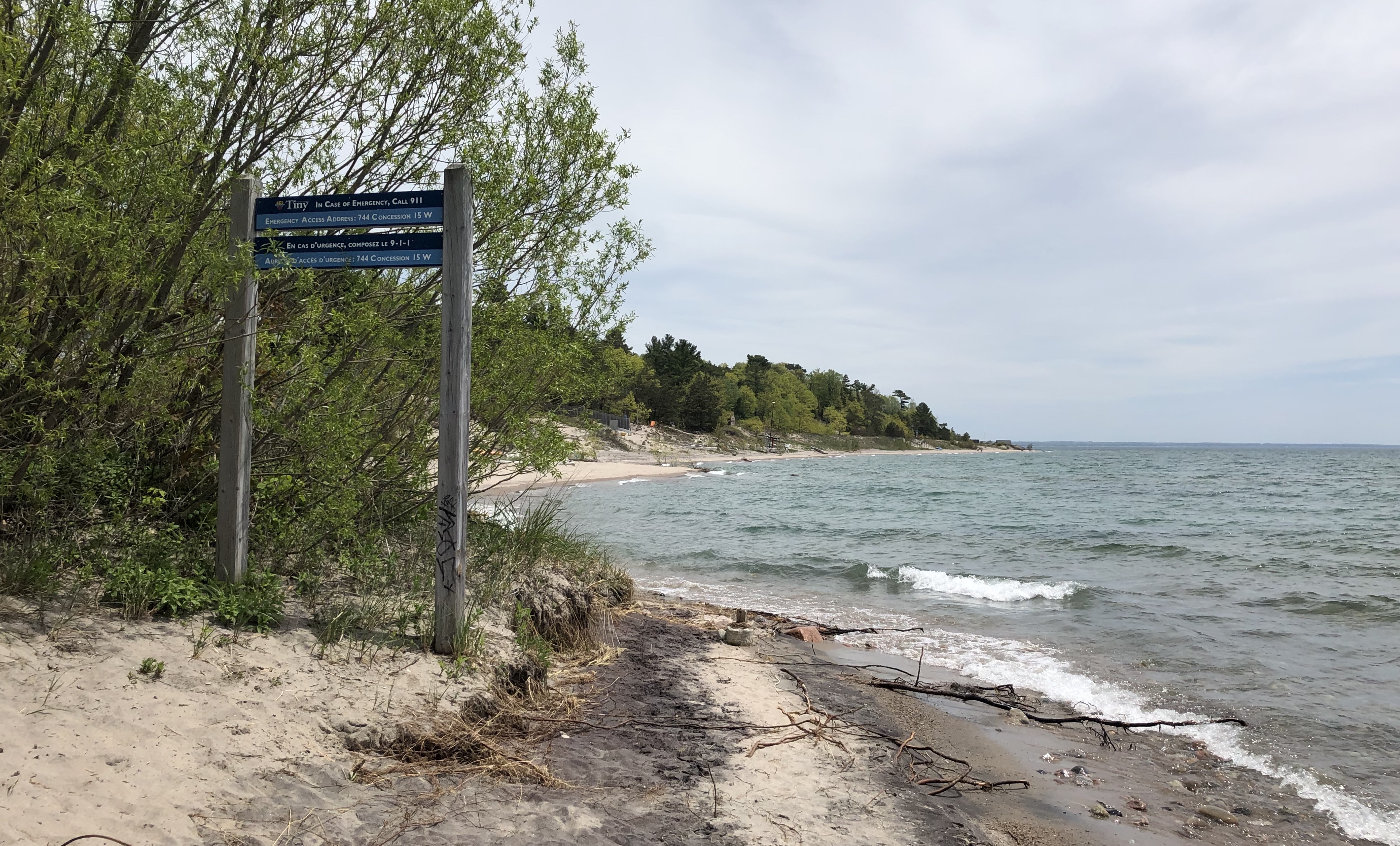A Professor at Wilfrid Laurier University is warning Cottage Country about the record high water levels of Georgian Bay.
The Great Lakes have been hitting record-high water levels during recent years, causing widespread erosion and threatening the stability of shoreline properties.
In an interview with MyMuskokaNow, Professor of Geography at Laurier, Mary-Louise Byrne points out that this could potentially have detrimental effects on those living along the Georgian Bay Shoreline in Parry Sound-Muskoka.
She explains changes in water levels happen due to patterns of storms and passing weather fronts.
“So, storms that originate in the Gulf of Mexico bring moisture in, and when that moisture leads to precipitation, it can raise the water levels of the lakes. So, for the last few years, we’ve been getting extra basin storms coming in and adding water to the Great Lakes.”
Byrne says while it may not be a month, a year or even longer – it’s important to note water levels will eventually come down.
She also points out that Lake Huron and Lake Michigan share a common water level due to the fact that they are a part of the greater great lakes basin – which is why water levels in these lakes are typically higher.
“You have to think about that very large setting of the Great Lakes basin,” Byrne said. “Be aware of the fact that the water begins by falling both on the land and over the water. If it falls in the water, it can directly affect the water levels. And the water that falls on land eventually drains into the lakes.”
On July 10, shoreline residents in Parry Sound-Muskoka were advised of a shoreline conditions statement, cautioning about the record high water levels expected in the coming weeks and months.
The MNRF says that Lake Michigan-Huron’s mean level was 89 centimetres above average in June, which is 13 centimetres higher than last year and the highest level for the month on record.
It was also 12 centimetres above the previous record high of 1986
There does appear though to be an end in sight for rising levels – as Lake Michigan-Huron only rose 2 cm in June, less than its average rise of 6 cm.
Byrne notes going forward, while we may not get the lows that we previously experienced – it’s unlikely we remain at this extreme height.
“People tend to become very complacent in the low water periods and very anxious in the high water periods, and I understand that. If I owned property on the shoreline, I would be very anxious to see the waves sweeping away my boat, my boathouse, my dock or even the property itself. So, I understand the anxiety.”
For more on the current water levels – head here.





